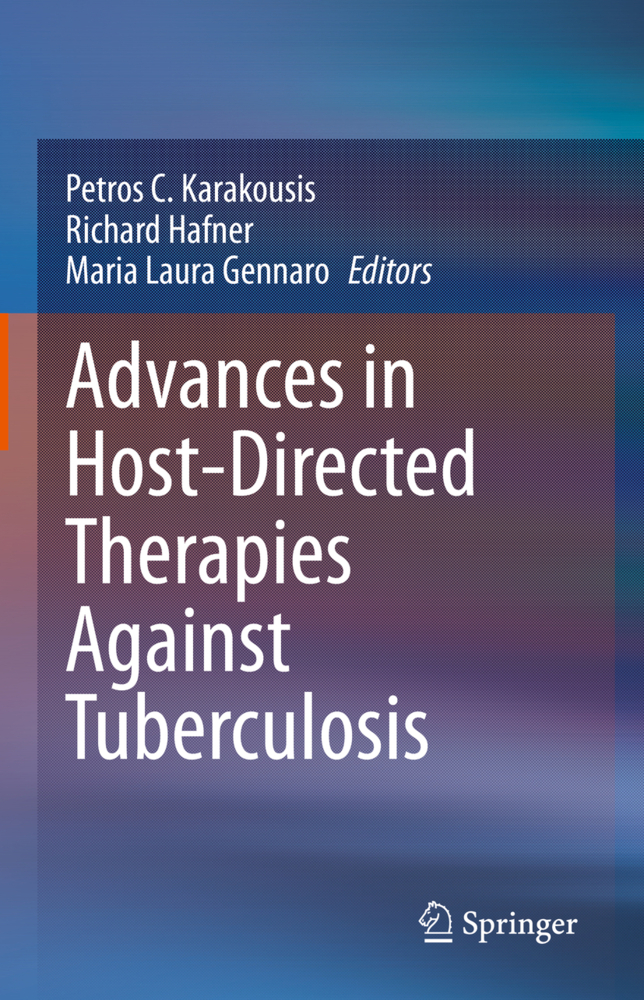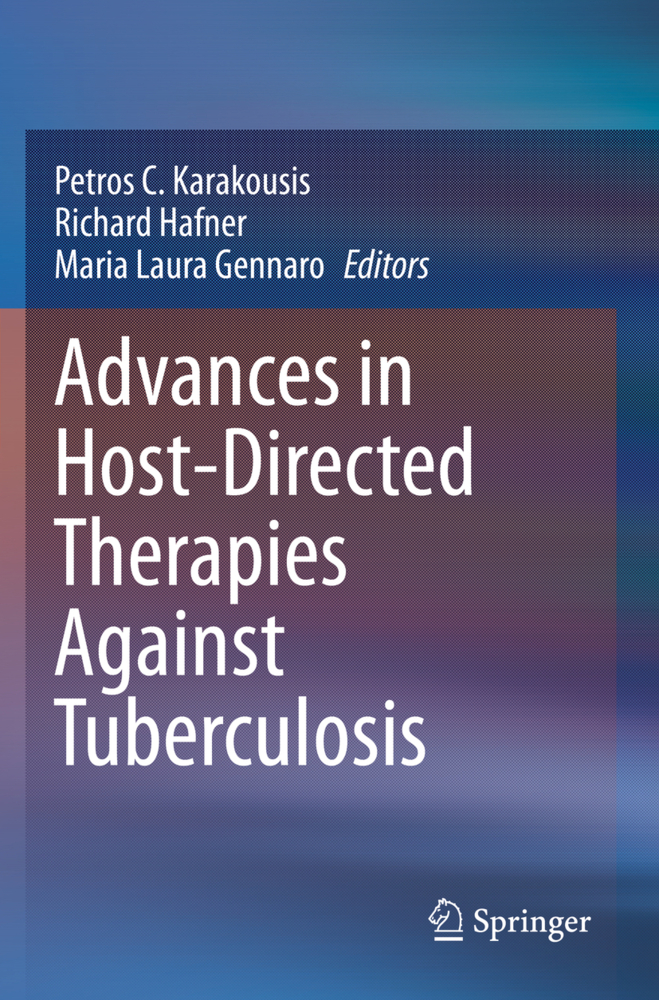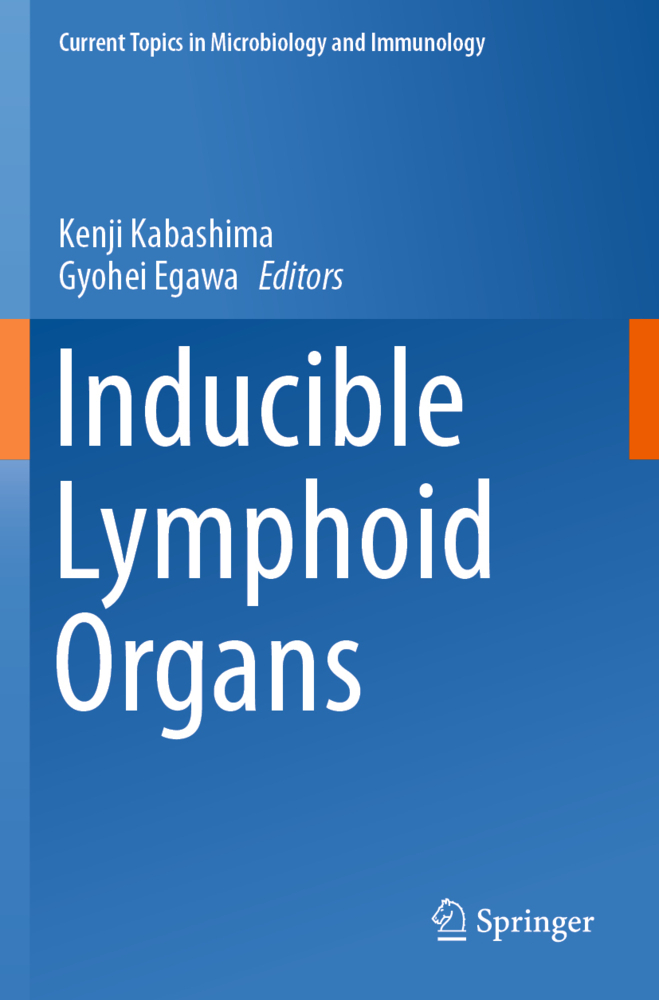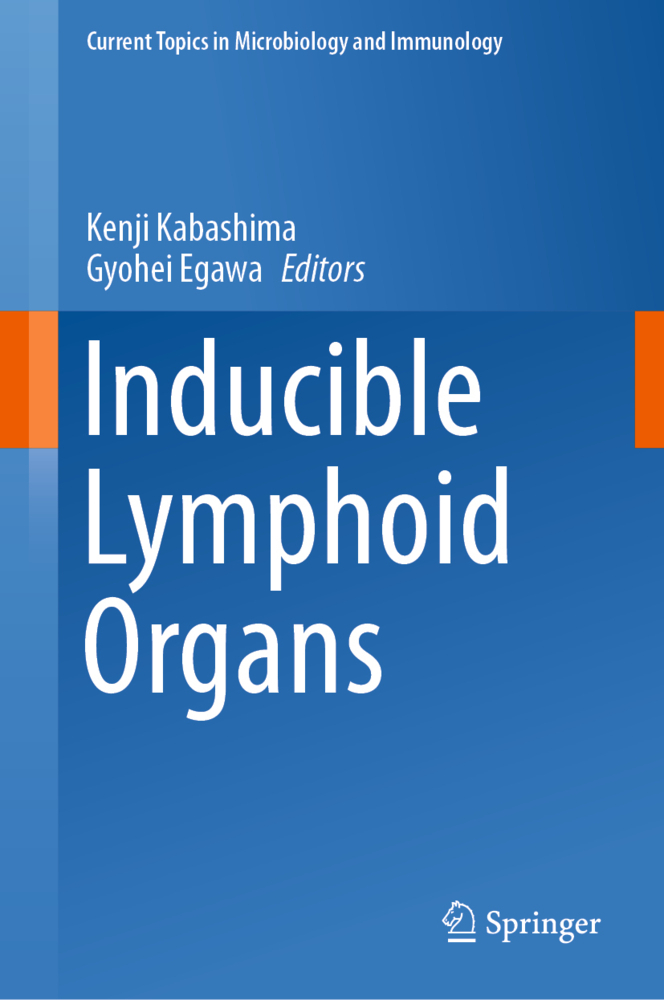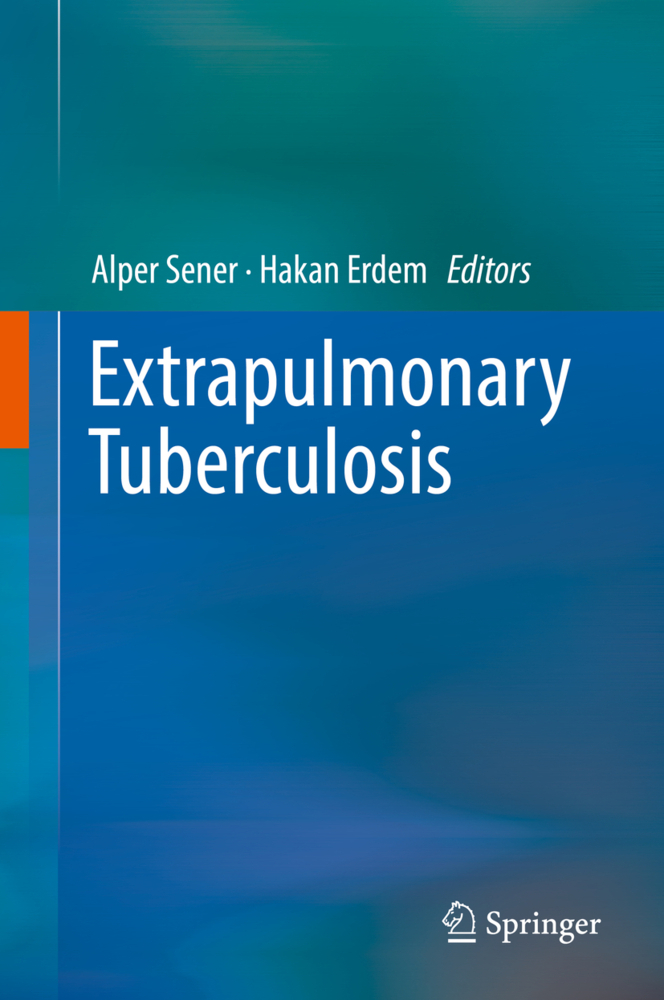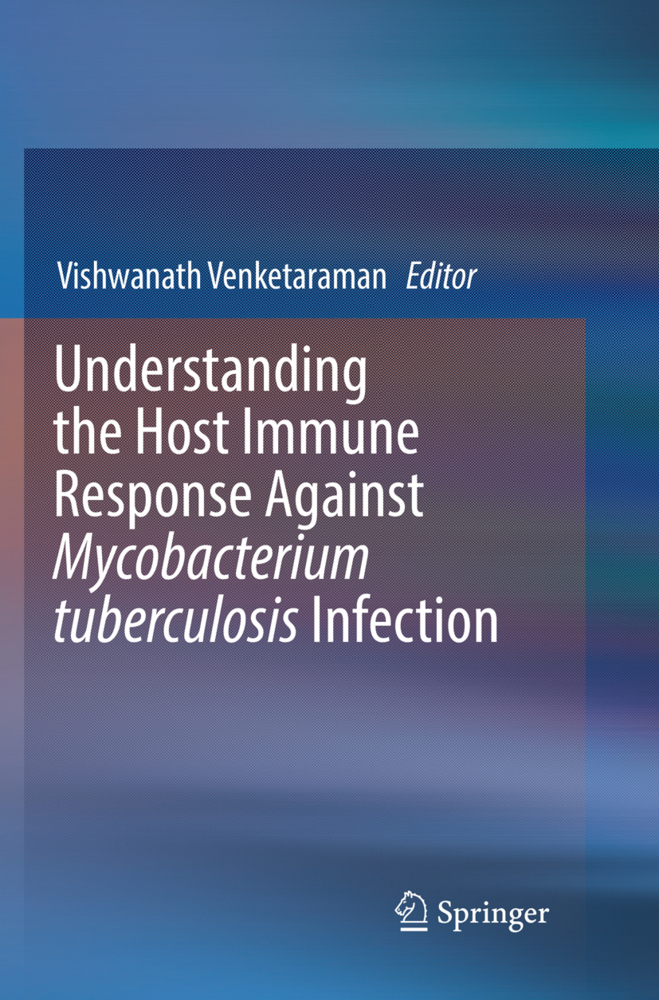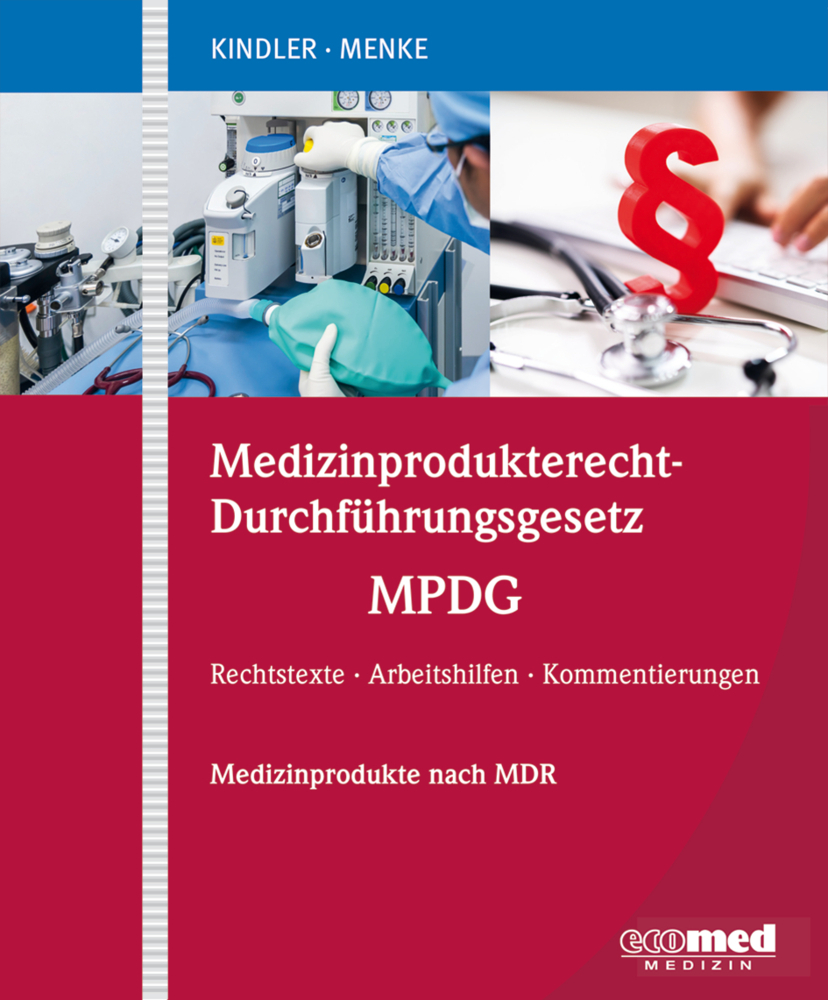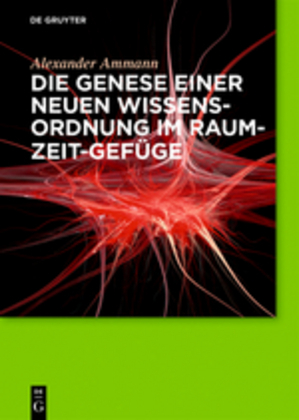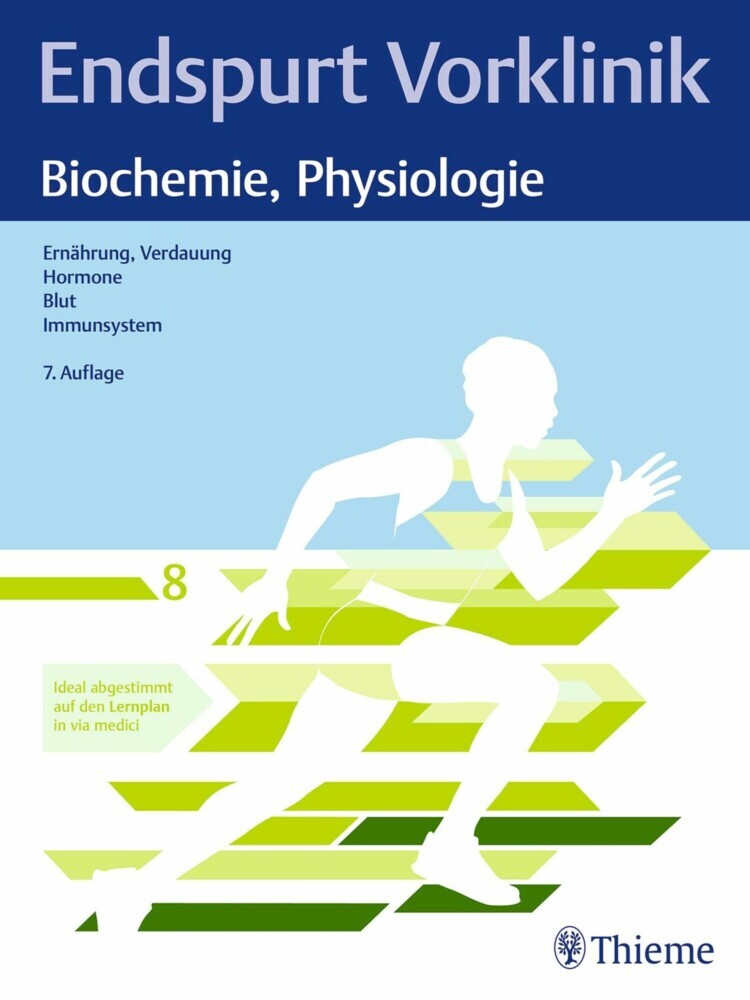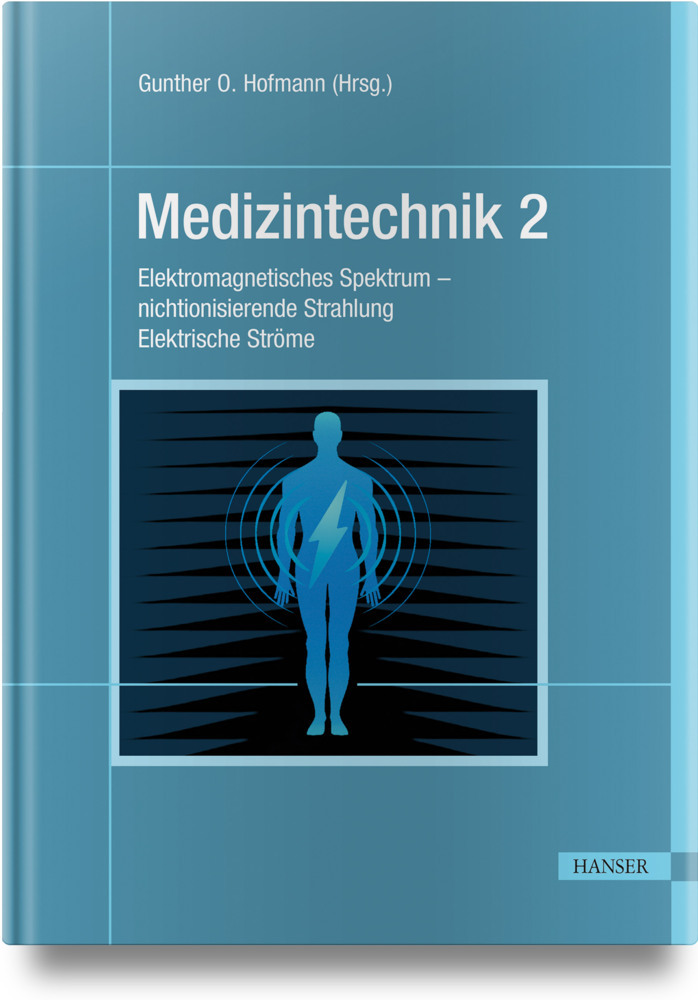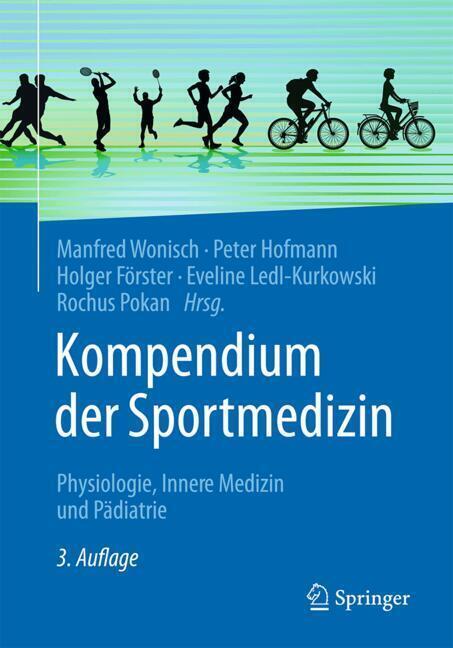Advances in Host-Directed Therapies Against Tuberculosis
Section 1: Introduction
Chapter 1: Introduction: An overview of host-directed therapies for tuberculosis
Section 2: Targeting immunometabolism
Chapter 2: Sirtuin deacetylases: Linking Mycobacterial infection and host metabolism
Chapter 3:The mammalian target of rapamycin complex 1 (mTORC1): an ally of M. tuberculosis in host cells
Chapter 4: HIF-1 as a potential therapeutic target for tuberculosis treatment
Chapter 5: Nuclear receptors in host-directed therapies against tuberculosis
Section 3: Enhancing anti-mycobacterial mechanisms
Chapter 6: Autophagy as a target for host-directed therapy against tuberculosis
Chapter 7: Metformin: a leading HDT candidate for TB
Chapter 8: Statins as host-directed therapy for tuberculosis
Chapter 9: Antimycobacterial attributes of mitochondria: An insight into host defense mechanisms
Section 4: Targeting immune cells
Chapter 10: Conventional and unconventional lymphocytes in immunity against Mycobacterium tuberculosis
Chapter 11: Targeting inhibitory cells such as Tregs and MDSCs in the tuberculous granuloma
Chapter 12: Targeting suppressor T cells
Chapter 13: Neutrophil-mediated mechanisms as targets for host-directed therapies against tuberculosis
Chapter 14: Type I interferon and interleukin-1 driven inflammatory pathways as targets for HDT in tuberculosis
Chapter 15: Mucosal-associated invariant and VGamma9Vd2 T cells
Chapter 16: Airway epithelial cells.-Section 5: Preclinical models for assessing HDTs
Chapter 17: In vitro models of human granuloma formation to analyze host-directed therapies
Chapter 18: C3HeB/FeJ as a key mouse strain for testing host-directed therapies against tuberculosis
Chapter 19: The Rabbit Model for Assessing Host-Directed Therapies for Tuberculosis
Section 6: Clinical trials of HDTs and special considerations for study endpoints
Chapter 20:Clinical trials of TB-HDT candidates
Chapter 21:Outcomes for clinical trials of host-directed therapies for tuberculosis
Chapter 22: Pharmacological considerations for clinical trials of host-directed therapies for tuberculosis.
Karakousis, Petros C.
Hafner, Richard
Gennaro, Maria Laura
| ISBN | 978-3-030-56904-4 |
|---|---|
| Artikelnummer | 9783030569044 |
| Medientyp | Buch |
| Copyrightjahr | 2020 |
| Verlag | Springer, Berlin |
| Umfang | XIII, 332 Seiten |
| Abbildungen | XIII, 332 p. 20 illus. |
| Sprache | Englisch |

